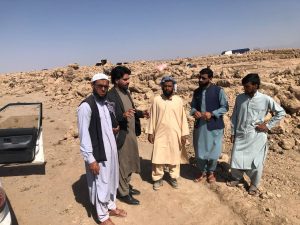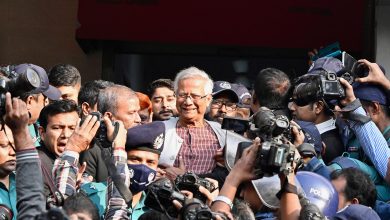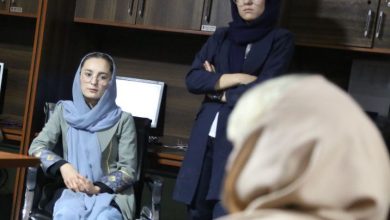
Lack of Coordination in Providing Assistance to Vulnerable Individuals in Herat
Bayan News – Officials from the Continuity and Localization of Aid Working Group in Herat province say that due to the lack of coordination between government service institutions and aid organizations, vulnerable individuals are not only going unidentified but also missing out on much-needed assistance.
Rafiullah Azimi, the official of this working group, stated on Monday evening (October 15th) to a reporter from Bayan News that there is no necessary coordination between the service commission established by the government and the aid organizations, resulting in assistance not reaching vulnerable individuals.
He explicitly stated that alongside these coordination issues among aid institutions, there is also no organized monitoring system for transparency in aid delivery, which may lead to a greater waste of assistance in the absence of such a system.
The official of the Continuity and Localization of Aid Working Group continued to mention the lack of proper attention given to the treatment of earthquake victims in Herat. He said that after receiving initial treatment, these victims do not receive proper follow-up care.
Azimi added, “Those who were affected, after leaving the hospital, were transferred to the Ansaar Camp. In this camp, there were one thousand injured individuals who recovered, but unfortunately, the camp does not have the capacity to accommodate a thousand people, and their regular three meals are not distributed by aid organizations.”
He criticized that most officials of relief organizations contact charity officials for assistance to the injured and vulnerable individuals, while there is a lack of transparency in the relief efforts.
The findings of the Continuity and Localization of Aid Working Group continue to show that due to the cold weather and the needs of the people in Herat, tents are being hoarded in the province’s markets, and the government has not taken any action in this regard.

Based on the group’s findings, aid organizations and government service institutions have only focused on providing assistance in the Zindajan district, and many other affected areas have been neglected.







